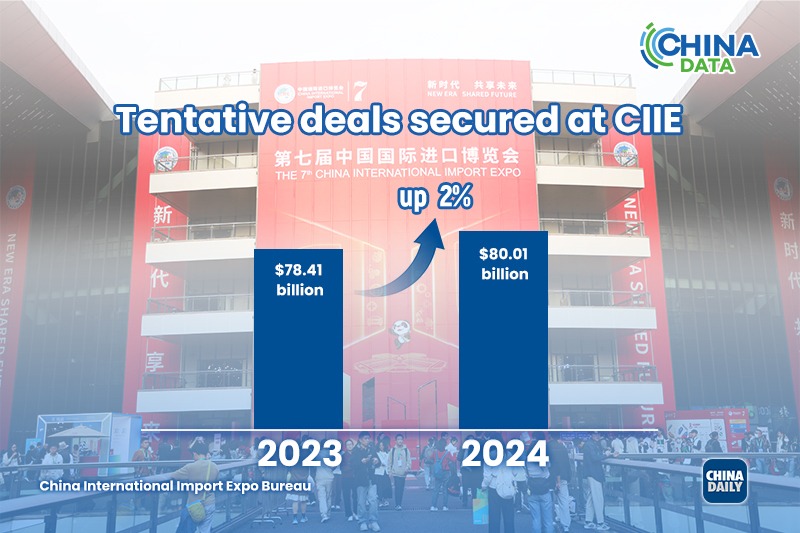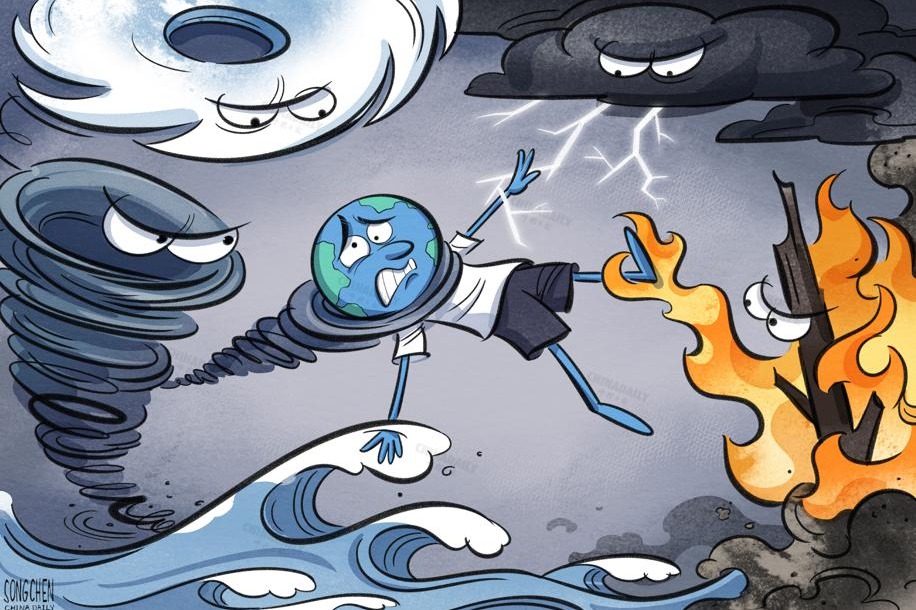Lending itself to US cause will be a curse for the Philippines: China Daily editorial


Few World War II battleships have served as long as the Sierra Madre of the Philippine Navy that the Philippines deliberately grounded on Ren'ai Reef of China's Nansha Islands in the South China Sea in May 1999 to "assert" its "sovereignty" over the reef and surrounding waters.
Since then the former tank landing ship of the US Navy has become an "outpost" occupied by several Philippine night watchmen to "reinforce" the country's "sovereignty claims" over the area.
During the past more than two decades, the restraint the Chinese side has exercised over the trespass has fully proved Beijing's sincerity to address the territorial dispute through peaceful dialogue with the Philippines. That China allows life necessities to be delivered to those few living on the vessel out of humanitarian consideration but not building materials that can be used to reinforce it indicates that Beijing intends the farce to be "settled" by nature so as to avoid making it a hindrance to the healthy development of bilateral ties.
Experience shows that the wounds caused to Sino-Philippine relations by what is a de facto shipwreck remain generally tolerable. They only fester when Washington wants to turn the screw on Manila, as is the case this week.
On Tuesday, the US State Department brazenly threw itself to the front to blame China's "provocative and unsafe" actions toward a Philippine Coast Guard vessel, which, as a Chinese Foreign Ministry spokesman said, intruded into the waters off the Ren'ai Reef without Chinese permission on Feb 6.
Notably, the China Coast Guard ship patrolling in the waters upheld China's sovereignty and maritime order and acted in a professional and restrained way in accordance with China's domestic law and international law throughout the process.
As both Beijing and Manila stressed during Philippine President Ferdinand Marcos Jr's visit to Beijing last month, the territorial dispute between the two sides, not to mention such isolated incidents, should not impact negatively on the overall development of the Sino-Philippine relations. And it is good to see that China and the Philippines are communicating on the incident through diplomatic channels.
However, the old ship has become a rusty wedge that the US thinks it can keep driving deeper between the two neighbors. The farce the US administration is trying to sell this time should serve to drive home to the Philippines and other regional countries which country is trying to stir up trouble in the South China Sea.
No matter how many security packs the US and its allies, such as Japan, sign with Southeast Asian countries under the framework of the US' "Indo-Pacific" strategy targeting China, it will not sway China's resolve to protect its sovereignty and territorial integrity, nor will it alter the regional consensus that territorial disputes can only be resolved through negotiations of the claimant parties themselves.


































